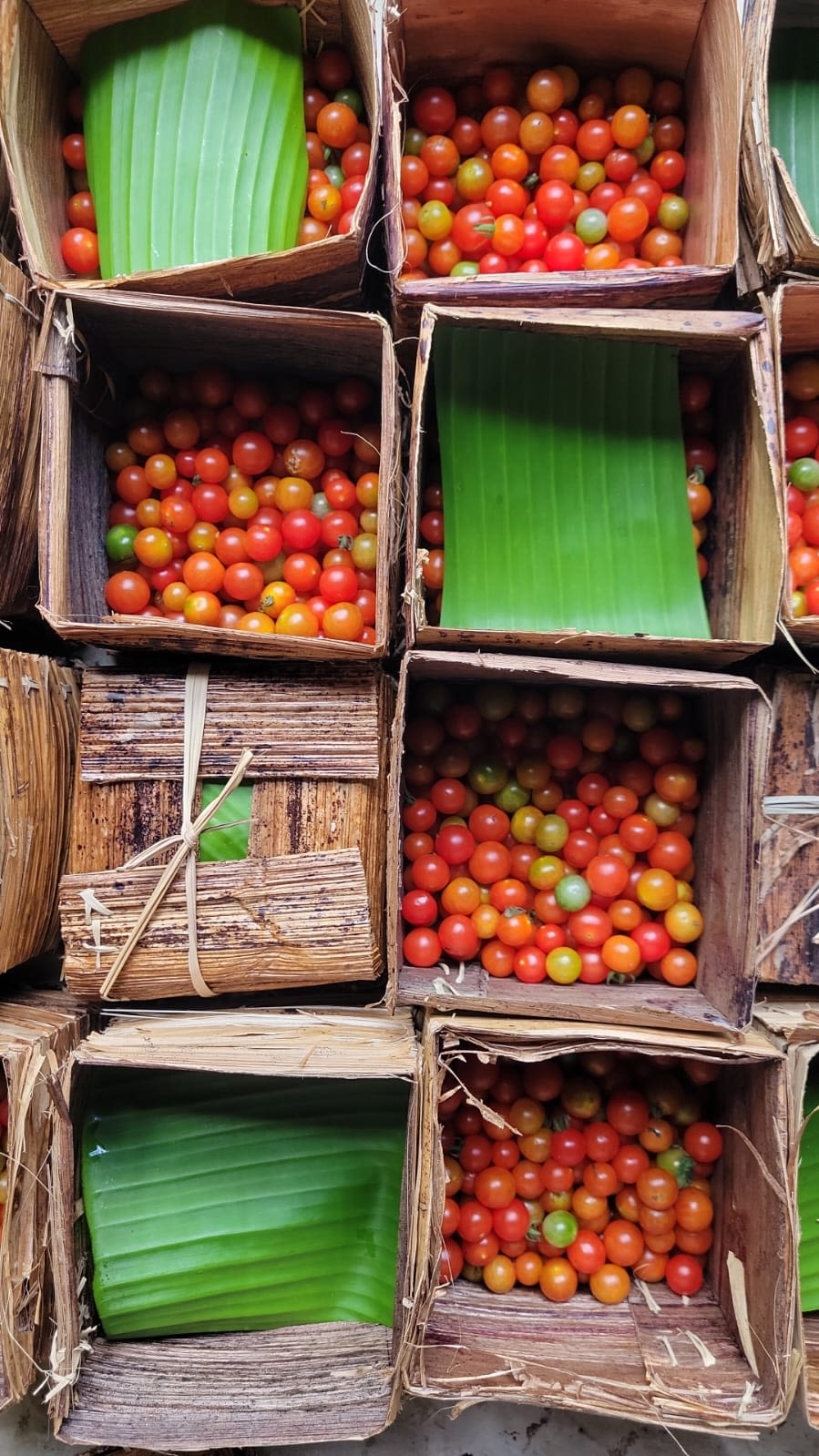Agromandala
A Photo essay
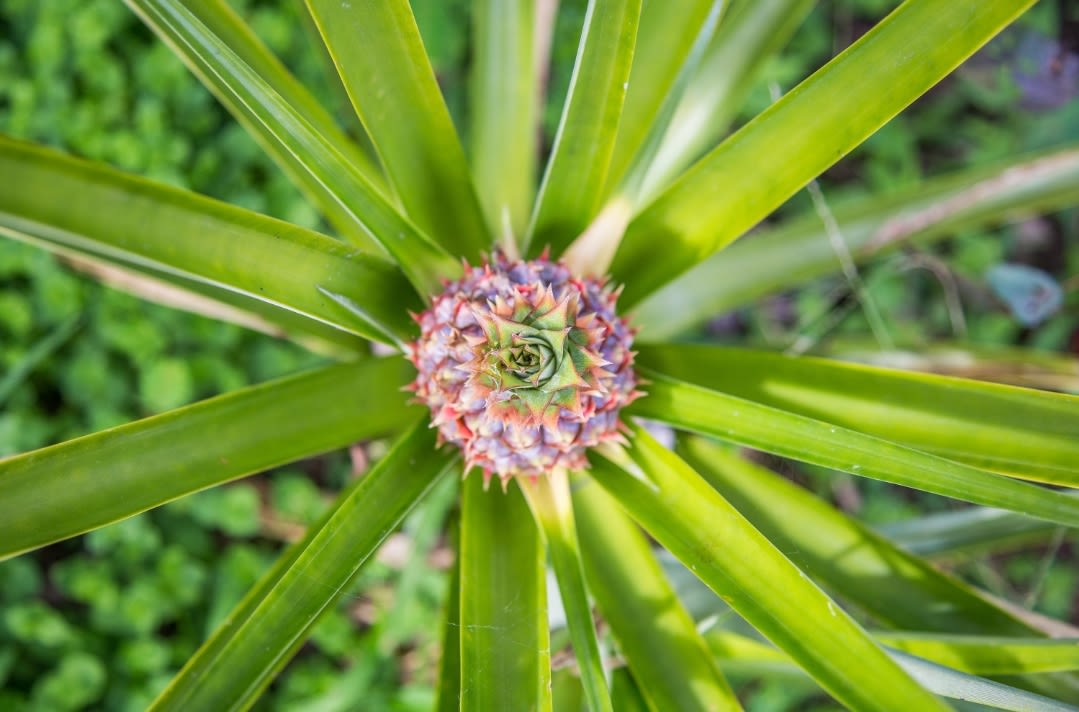
In the heart of Colombia, amidst the undulating landscapes, emerges Agromandala—a circular crop that transcends mere agriculture, embodying a harmonious symphony with nature. Since its inception in 2014, Agromandala has evolved into a testament of ecological principles, cultivating a vibrant tapestry of trees, shrubs, flowers, grains, and medicinal plants. Spanning 13 hectares, this circular haven thrives on the ethos of agroecology, aiming to reestablish a corridor of fauna and flora vitality between two forest relicts.
At the core of Agromandala's ethos lies the Community Supported Agriculture (CSA) model, a groundbreaking initiative born in August 2020 as a response to the COVID-19 pandemic. This innovative approach ensures a direct link between local organic farms and families invested in the well-being of their food sources. With over 150 varieties of edible plants, the project currently feeds around 80 families a week, of which 40 are members of the CSA.
Tomatoes in biodegradable packaging handmade by the women of Agromandala, April 2022, ©Isabel Cadavid
Tomatoes in biodegradable packaging handmade by the women of Agromandala, April 2022, ©Isabel Cadavid
The inception of CSA Agromandala, the first of its kind in Colombia, catalyzed the creation of the CSA Colombia Network. These communities are not merely transactions; they are spaces of knowledge exchange, recipe sharing, and profound relationships between farmers and co-farmers, bridging the gap between the countryside and the city.
At its core, and a key to its strength and success, Agromandala is a project nurtured and led by women, empowering rural women with a voice, decision-making power, and tangible action. The circular design of Agromandala serves as a sanctuary for women to propose nurturing actions through diverse crops, ancestral seeds, and the defence of territory and life. The challenges faced by Agromandala, particularly on the commercial front, underscore the need for alternatives that prioritize diversity and community well-being over market-driven monocultures.
The role of CSAs extends beyond providing fresh produce; it becomes a force for forest conservation and biodiversity. By promoting ecological, diverse, and regenerative farming practices, CSAs like Agromandala contribute to the fight against the climate crisis. The intimate connection between the cultivation area and the community ensures reduced carbon footprints, while ecological practices foster resilience to environmental challenges. Agromandala puts in every action the affectivity and care of the feminine subjectivity, from a team of women who recognize the importance of revaluing practices and feelings to contribute to the healing of the world.
As Agromandala envisions a future where CSAs scale to public policies, the focus remains on forming a collective response—an alliance of citizens and rural communities shaping the society they aspire to be. Agromandala serves not only as a source of sustenance but as a living testament to the transformative power of individuals coming together, one community at a time, to create a world where care for the land, biodiversity, and each other reign supreme.
Isabel Cadavid, founder of Agromandala and co-founder of CSA Colombia, walking in former cattle raising lots since transformed into circular cultivation, June 2016, ©Nicolas Cardona
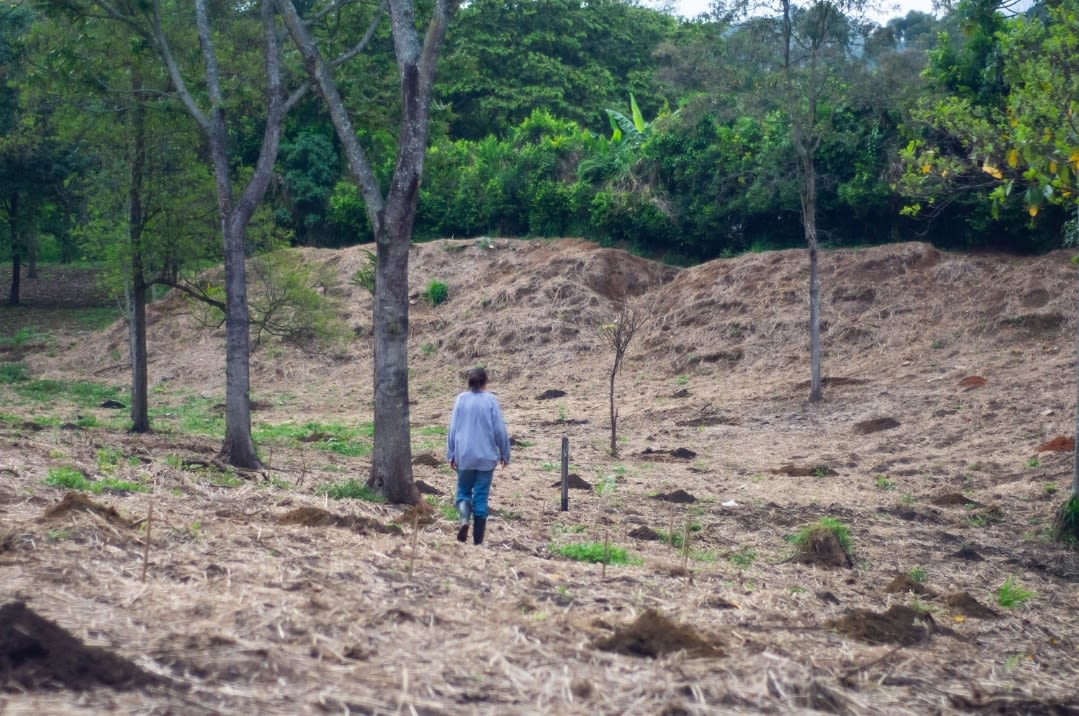
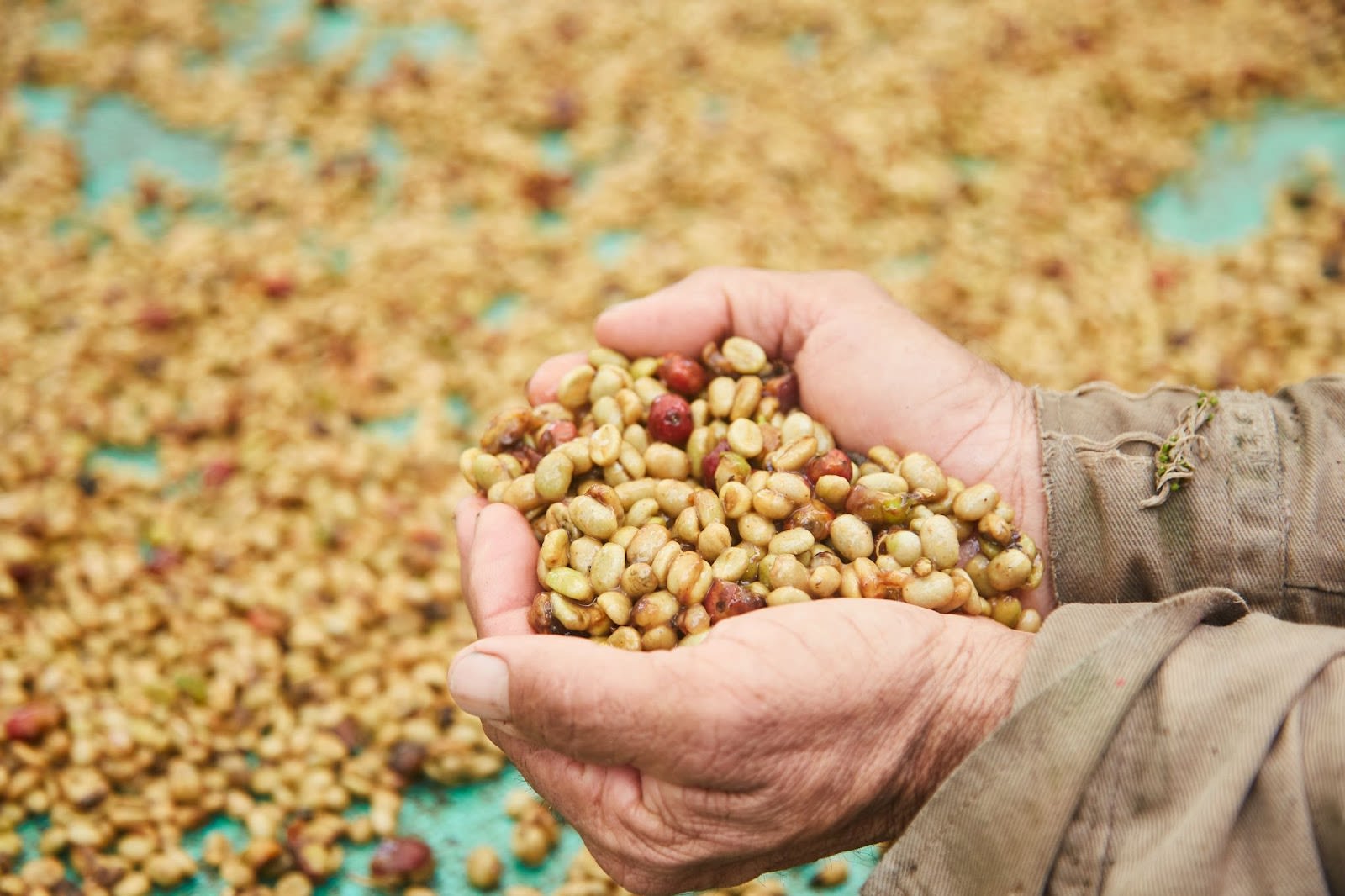
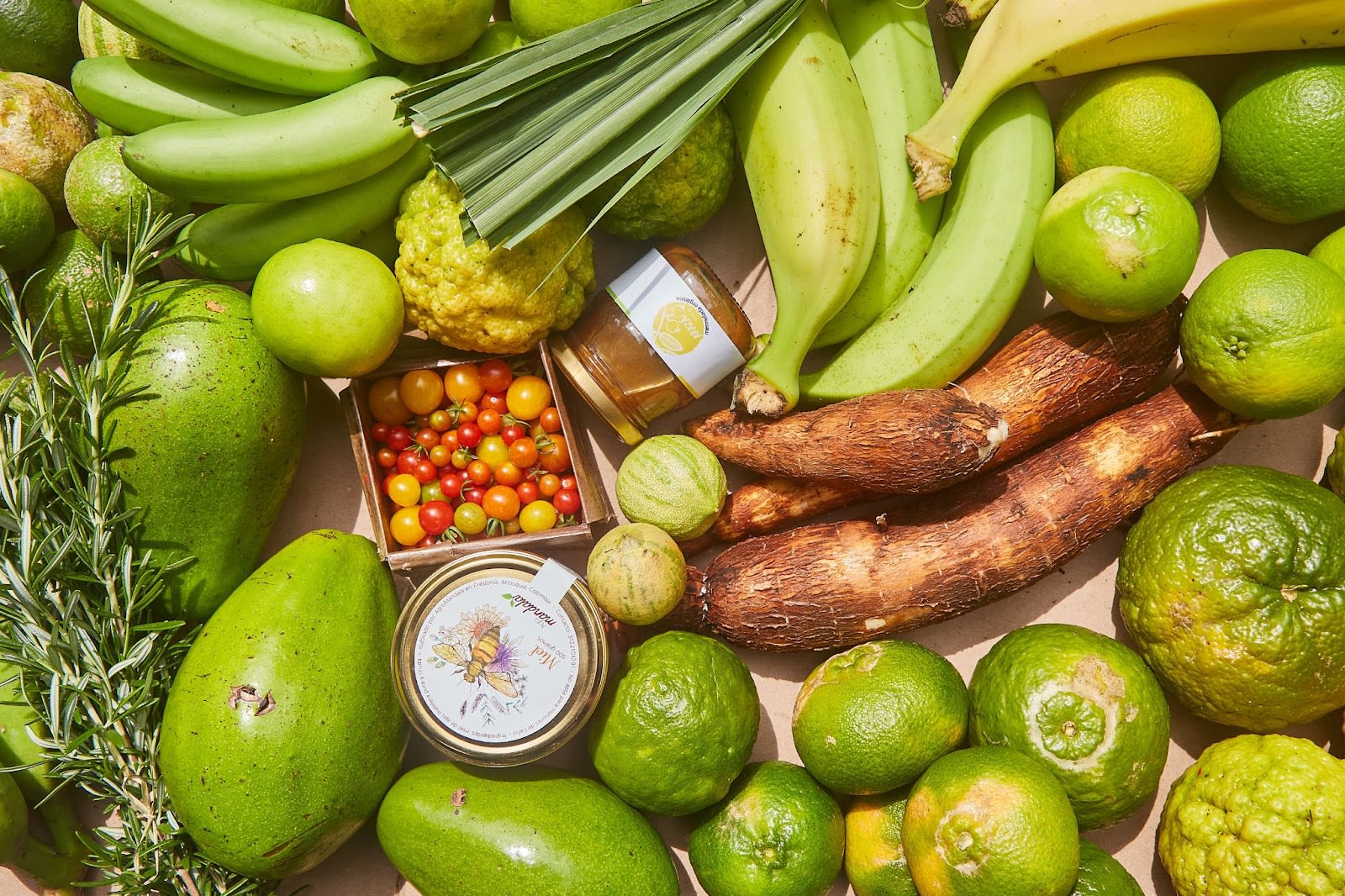
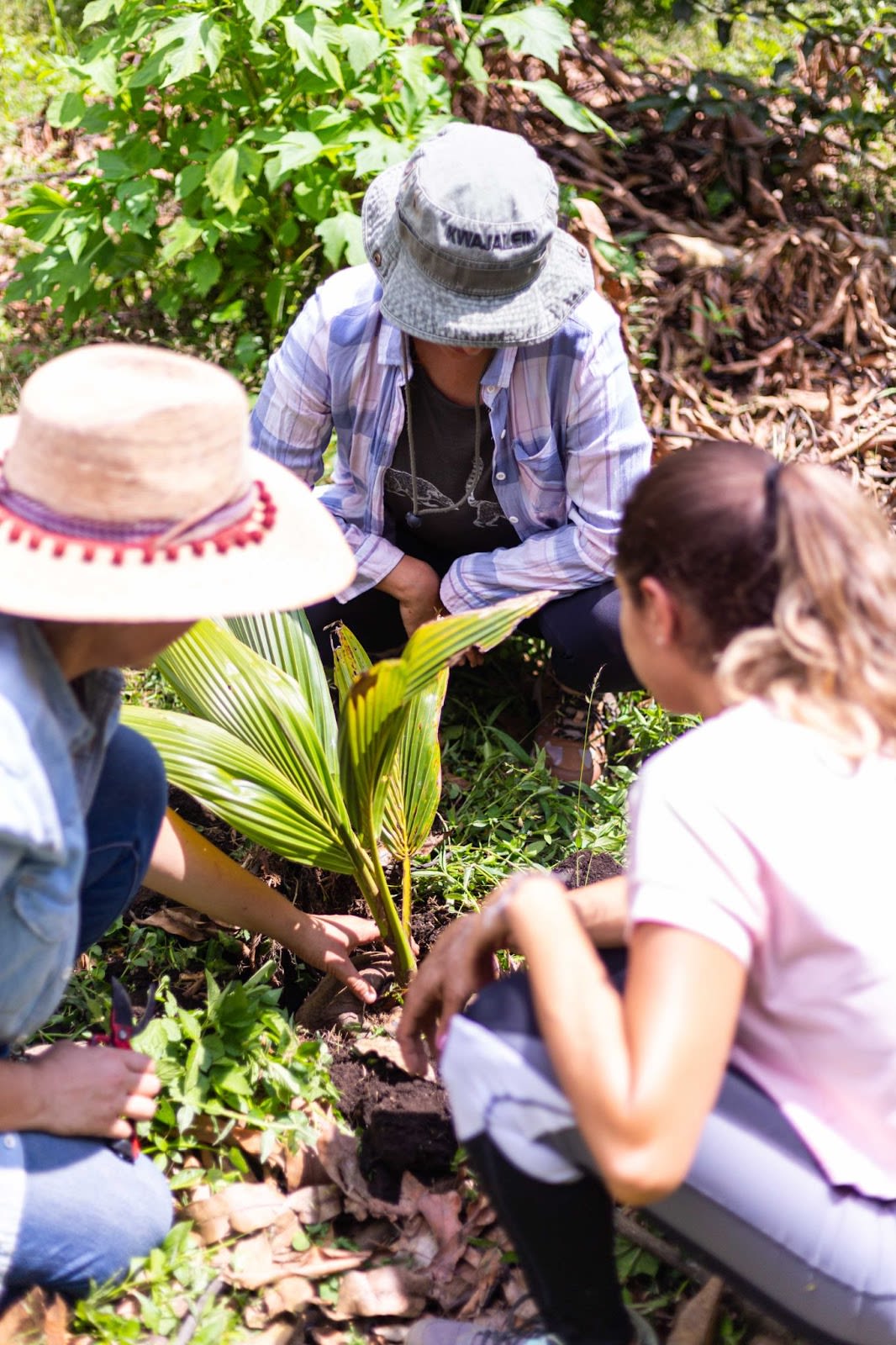
Drying process of honey coffee grown in the Agromandala agroforest.
October 2020, ©Andrea Muñoz, La Repisa Fotográfica.
This is what an Agromandala agrodiverse basket looks like with a mixture of harvested and processed foods, which families receive weekly through their CSA subscription.
October 2020, ©Andrea Muñoz, La Repisa Fotográfica
During visits and meetings in the cultivation, members plant within the circular agroforest called Agromandala and learn how to make food forests with agroecological practices.
July 2023, ©Andrea Muñoz, La Repisa Fotográfica
Five varieties of mandarins grown in Agromandala, which prioritizes the diversity of crops and varieties in its agroforestry, October 2020, ©Andrea Muñoz, La Repisa Fotográfica.
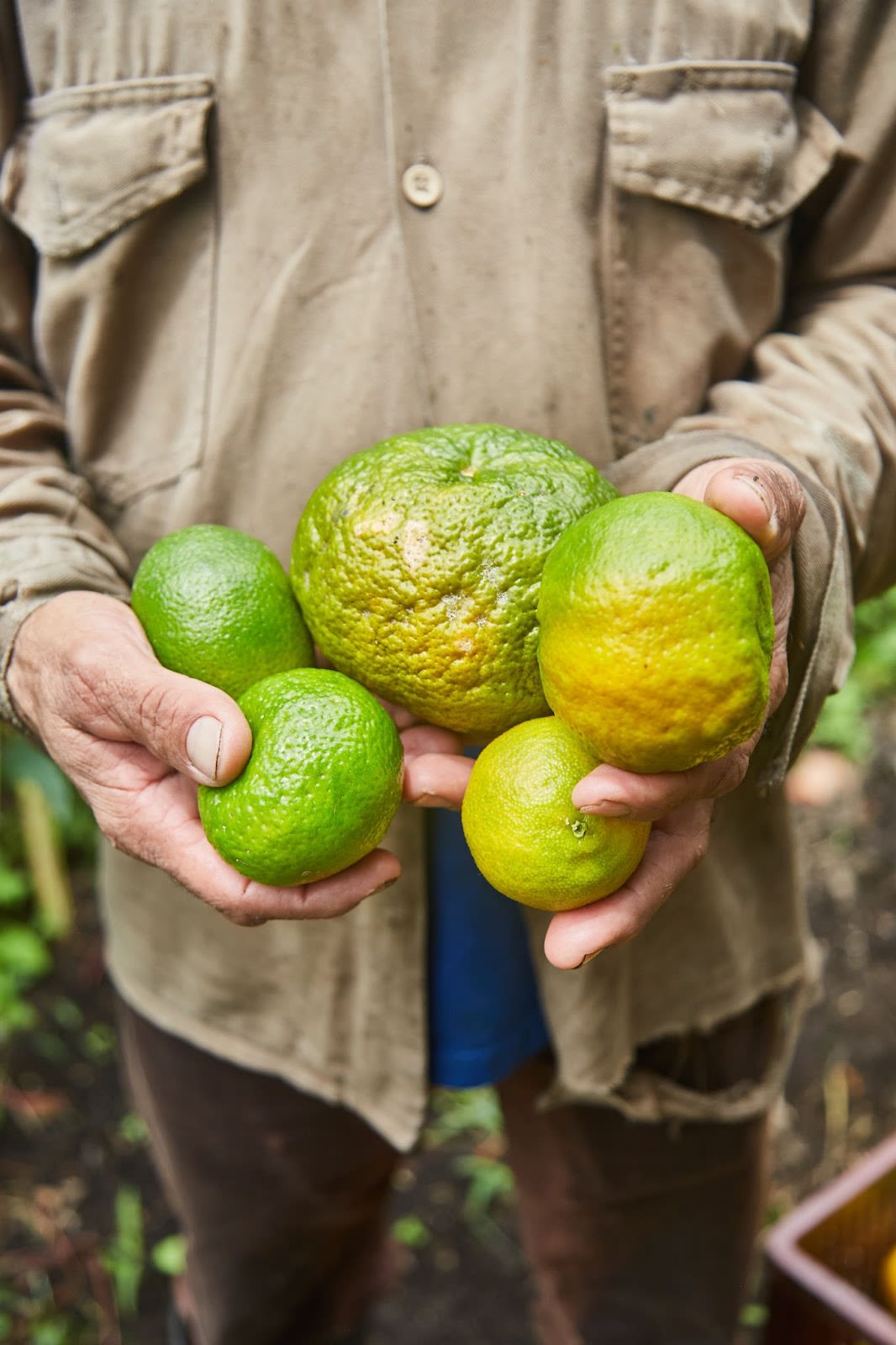
3rd CSA Agromandala Meeting. In these meetings, co-farmers are invited to learn where their food comes from and how it is grown, and can also carry out planting tasks, food preparation, and sharing between people from the countryside and the city, January 2023, ©Andrea Muñoz, La Repisa Fotográfica
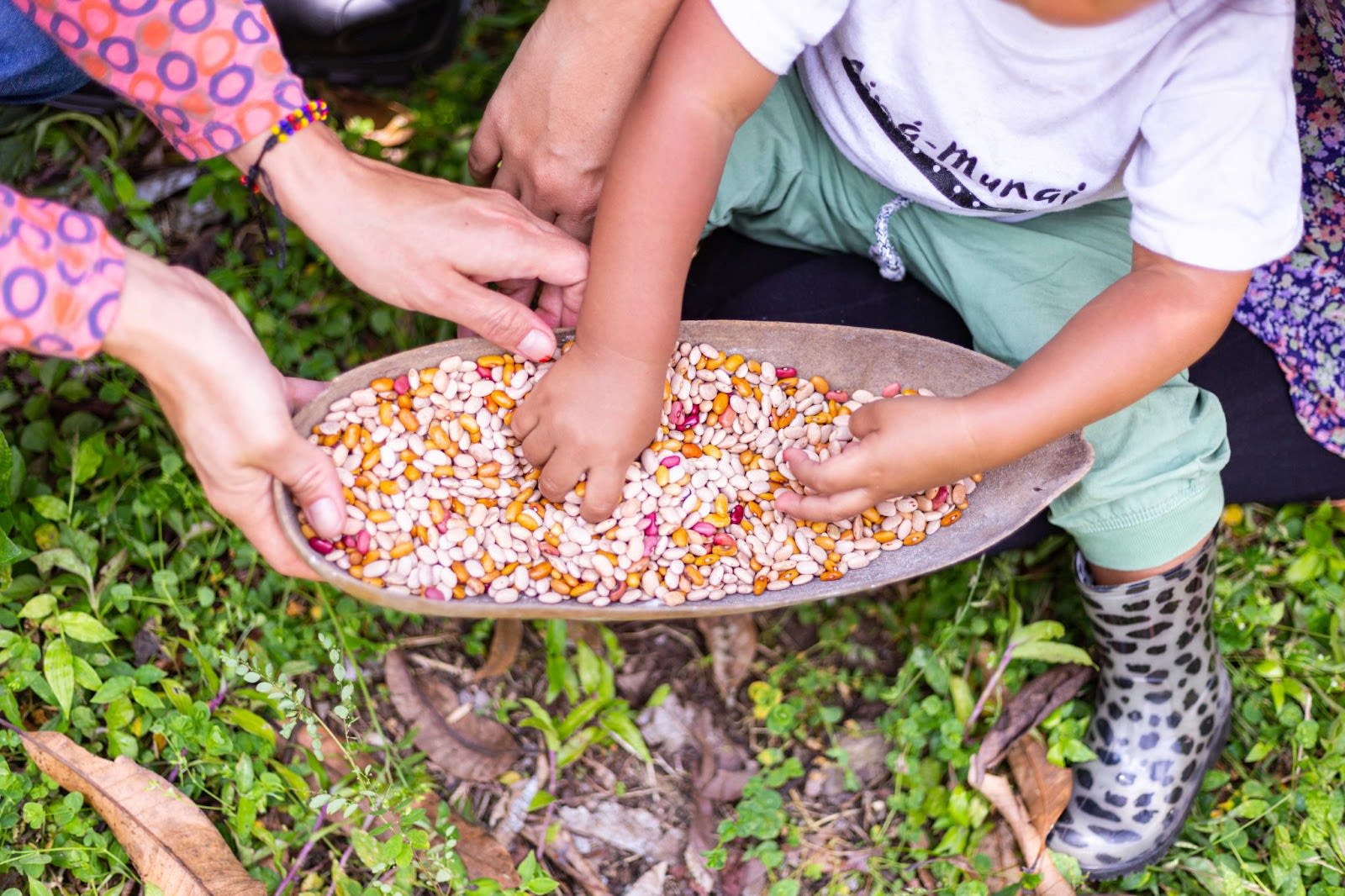
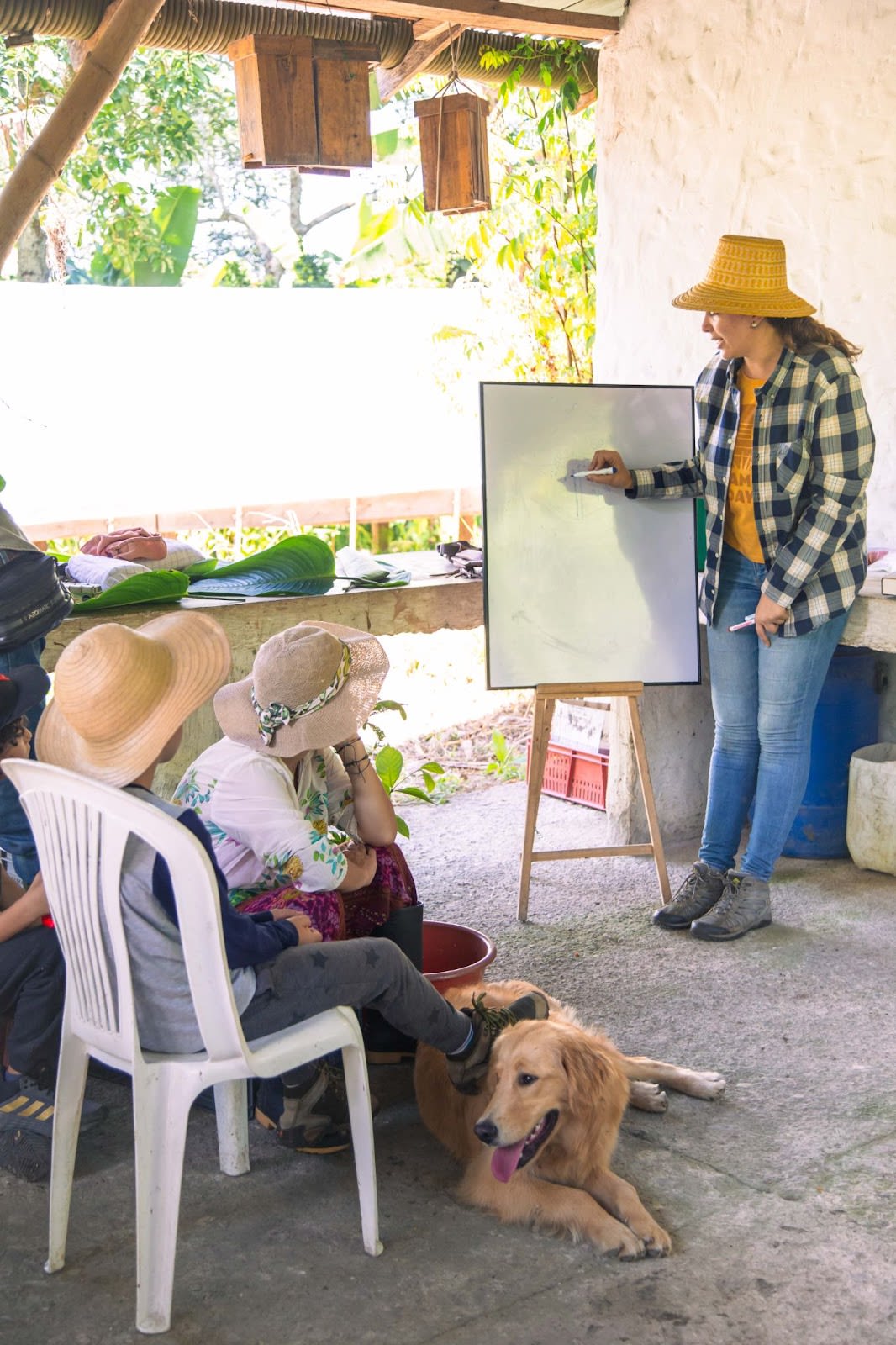
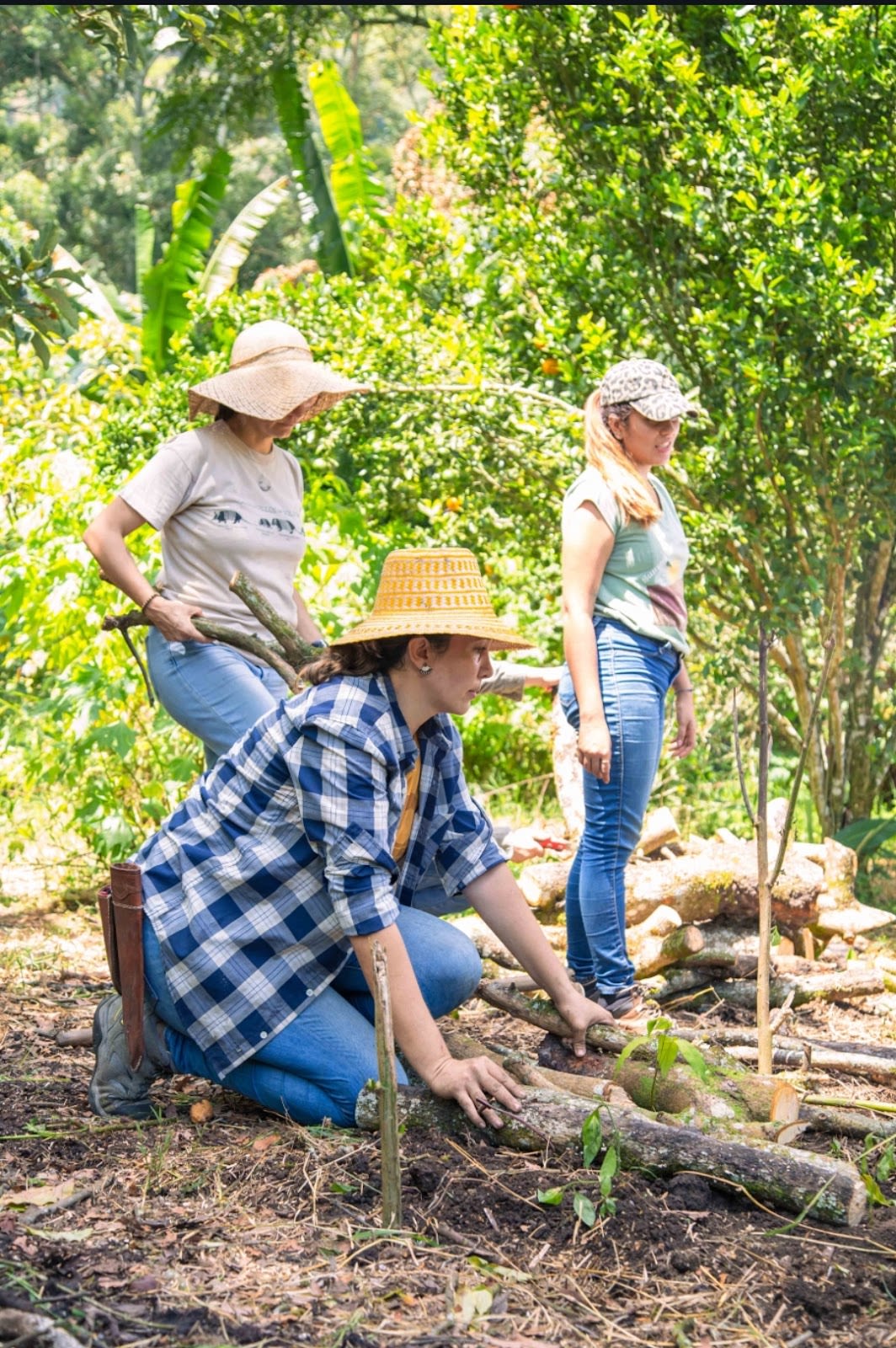
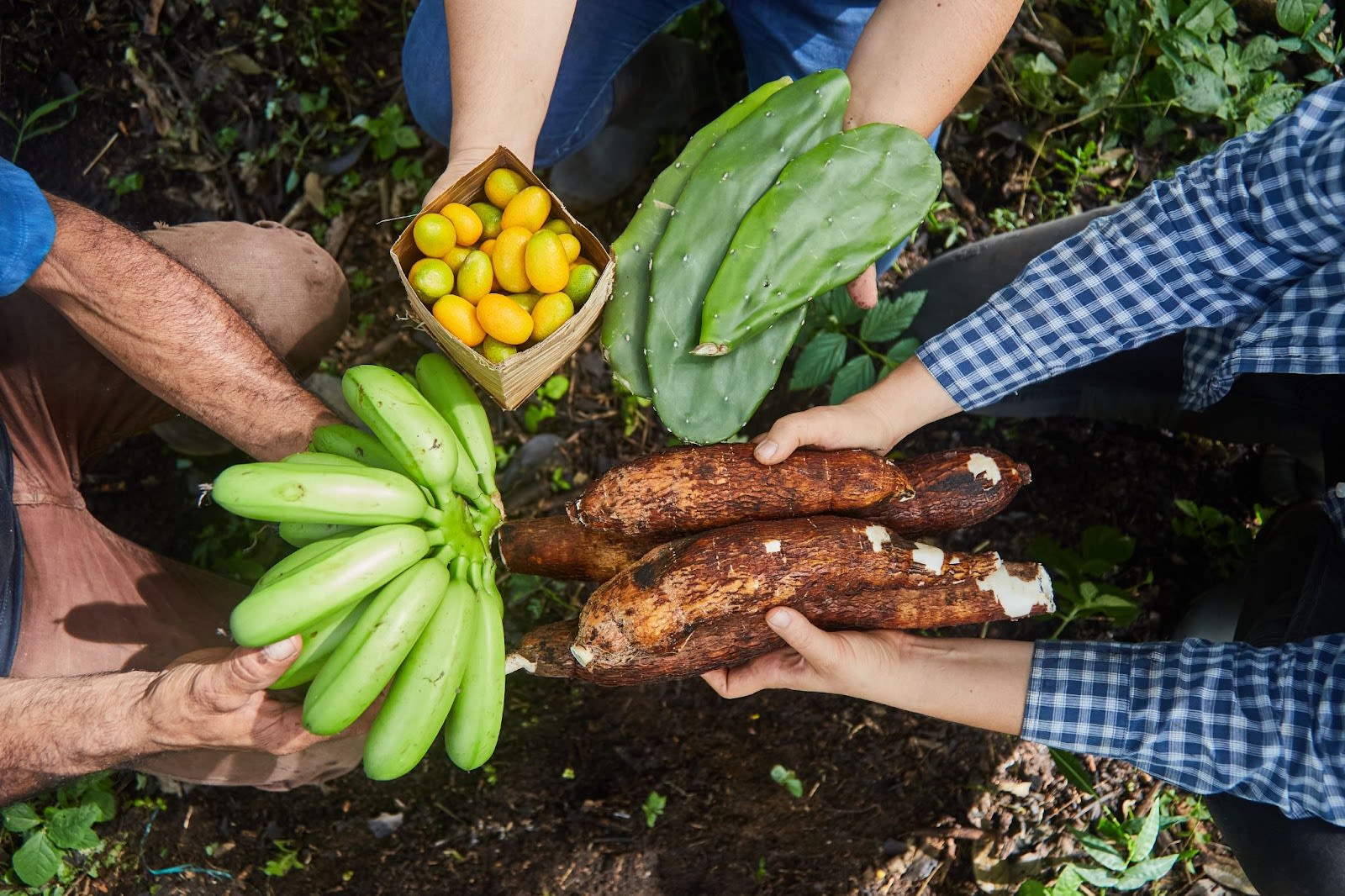
During visits and meetings, Agromandala provides theoretical and practical experiences to teach about agroecology and care of biodiversity.
July 2023, ©Andrea Muñoz, La Repisa Fotográfica
4th meeting of the CSA Agromandala where the importance of successional agroforests for food production, the conservation of biodiversity, the connectivity of territories and their contribution to the cooling of the planet was explained to attendees.
July 2023, ©Andrea Muñoz, La Repisa Fotográfica.
Native and Creole foods in the hands of the Agromandala farming team. Through its work, Agromandala raises awareness of the importance of knowing and caring for the origin of food and the care taken by the farmers who grow it.
October 2020, ©Andrea Muñoz
Annatto (Bixa orellana) in fruit and flower. Agromandala promotes the use of plant species such as this natural dye native to South America, which allows the study of its medicinal properties and learning from local gastronomy, October 2022, ©Andrea Muñoz.
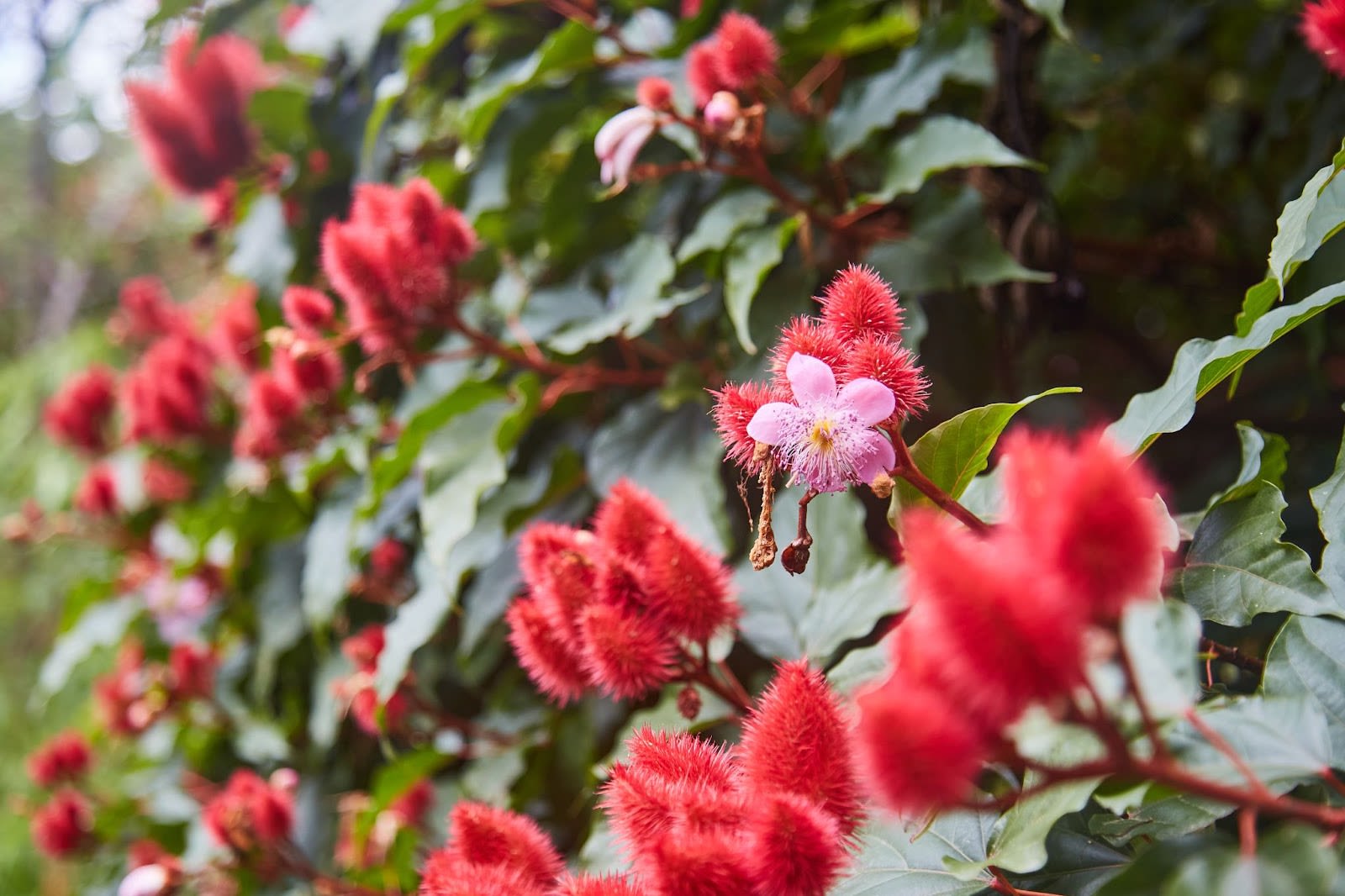
Isabel Cadavid, farmer and founder of Agromandala, covering the soil in a new field for beans, corn, and watermelon, July 2023, ©Andrea Muñoz.
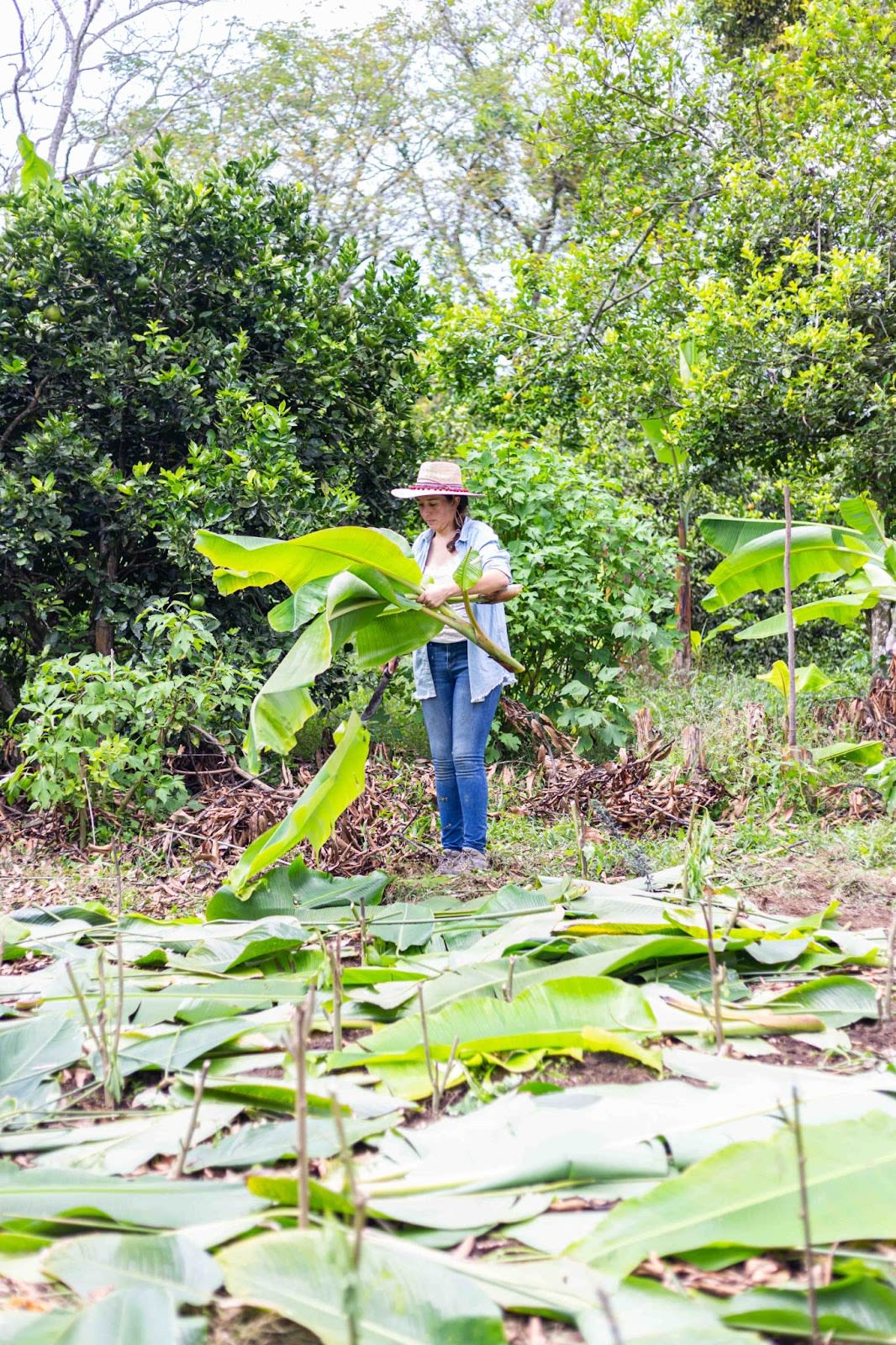
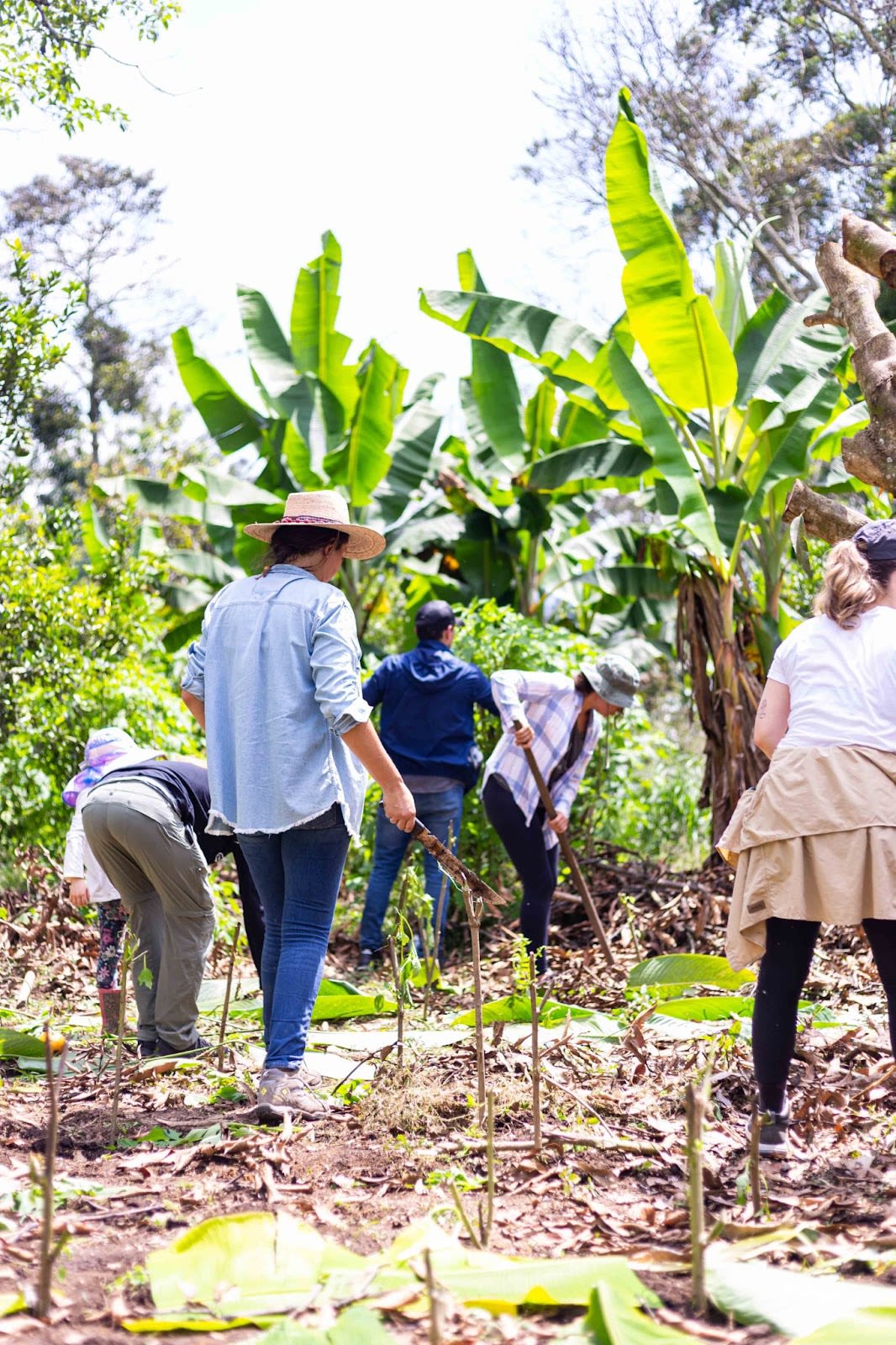
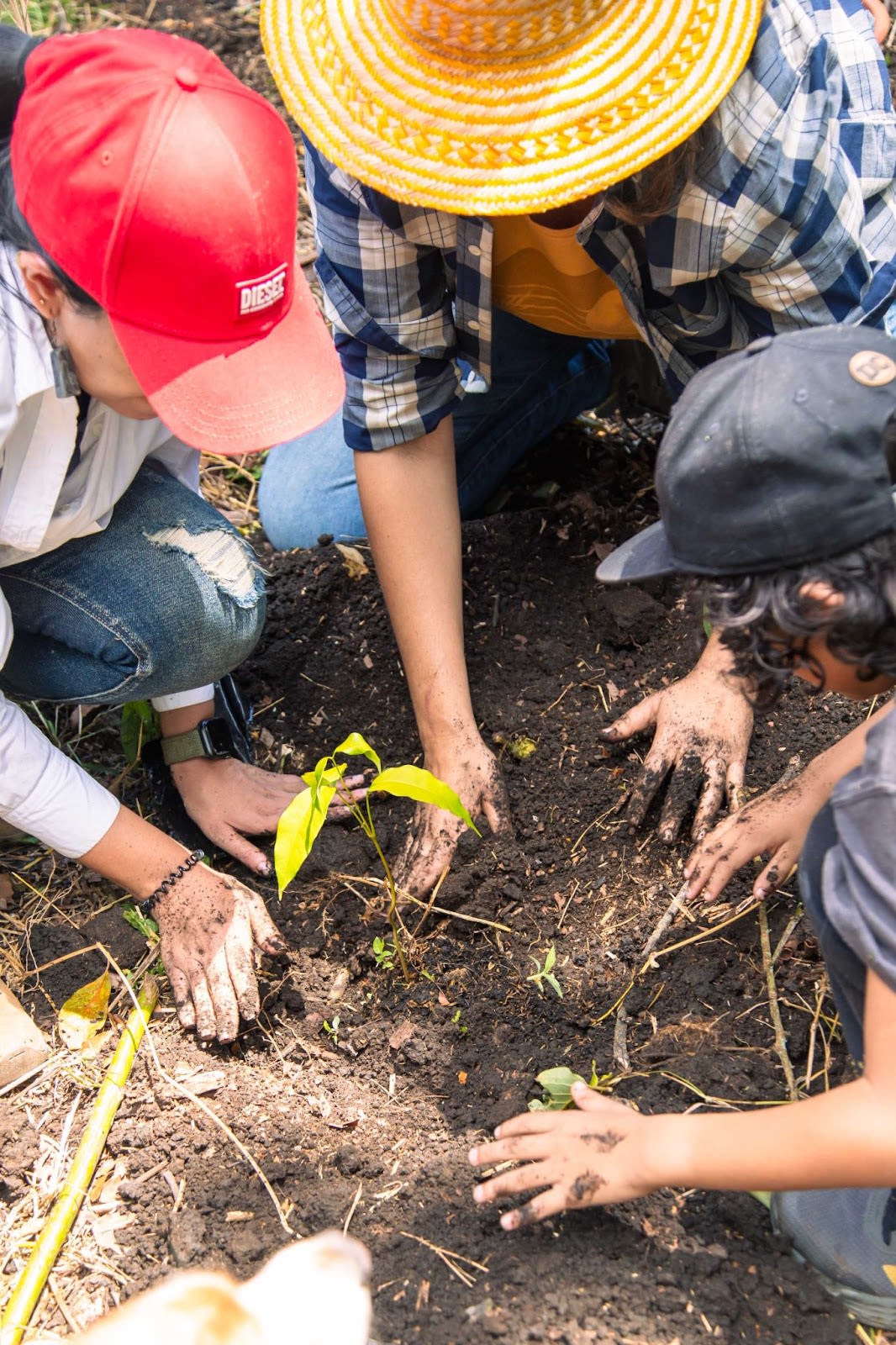
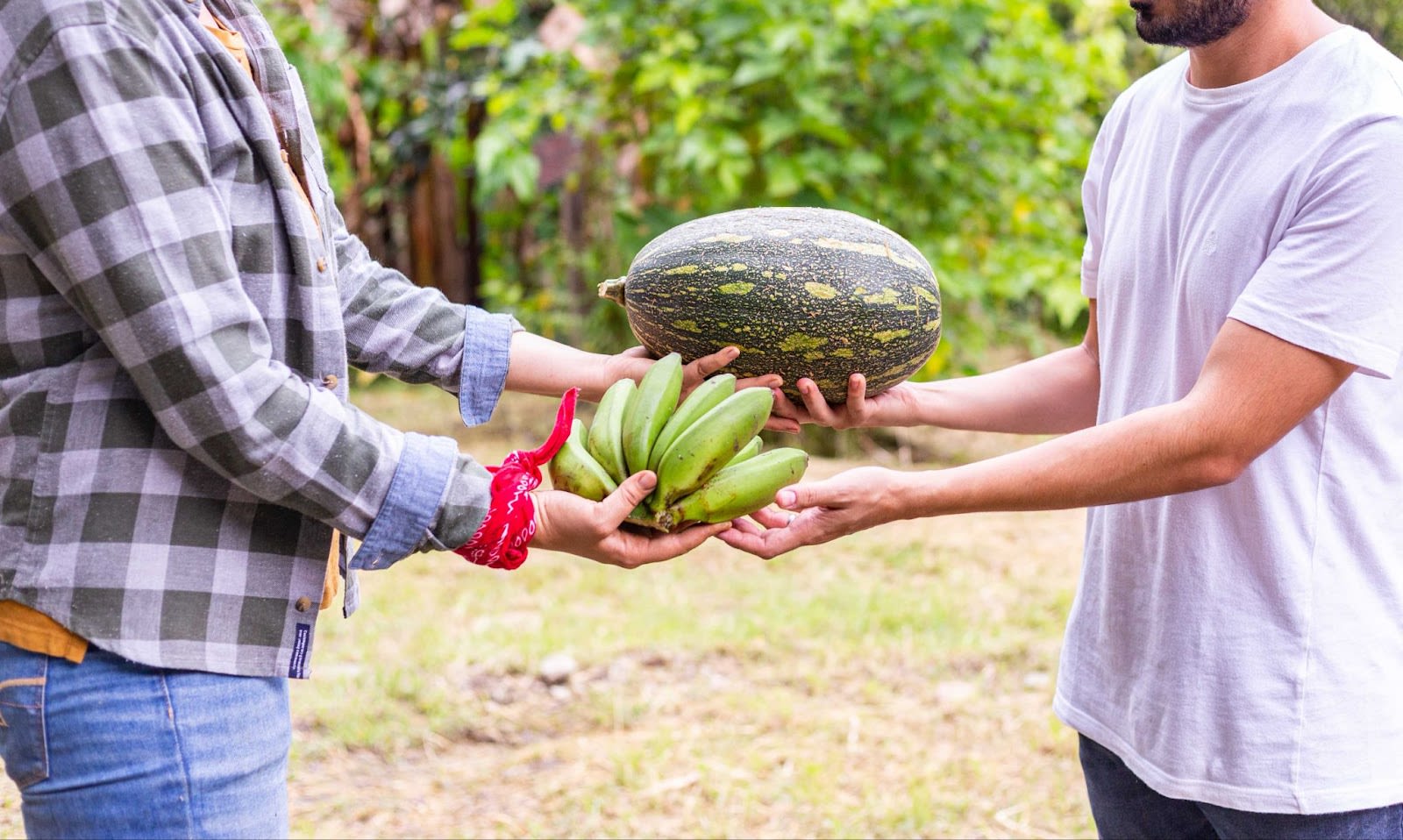
Agroforestry practices being carried out in the field with members of the CSA Agromandala.
July 2023, ©Andrea Muñoz
Through the cultivation of creole and native varieties, Agromandala raises awareness of agrobiodiversity and supports families with recipes that help them eat these foods at home.
July 2023, ©Andrea Muñoz
The participation of families in CSA provides boys and girls in-depth experiences in the countryside and the chance to plant crops and trees that represent them in the Agromandala cultivation.
July 2023, ©Andrea Muñoz.
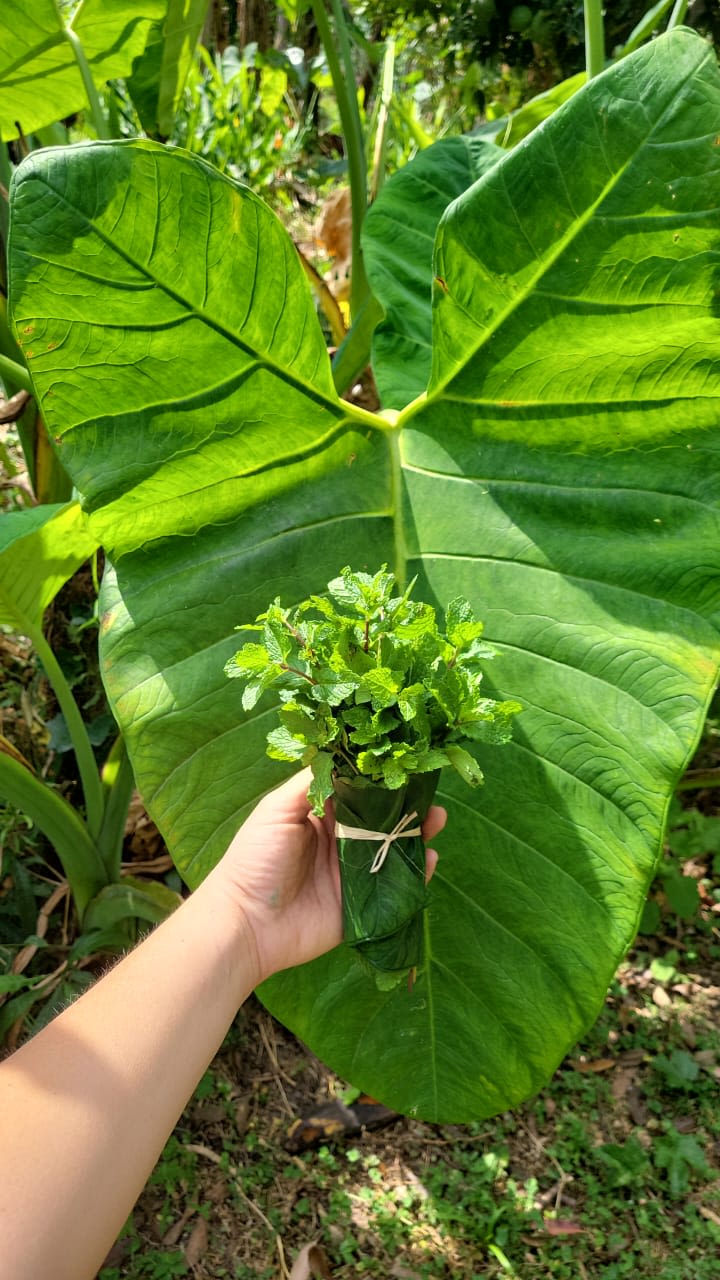
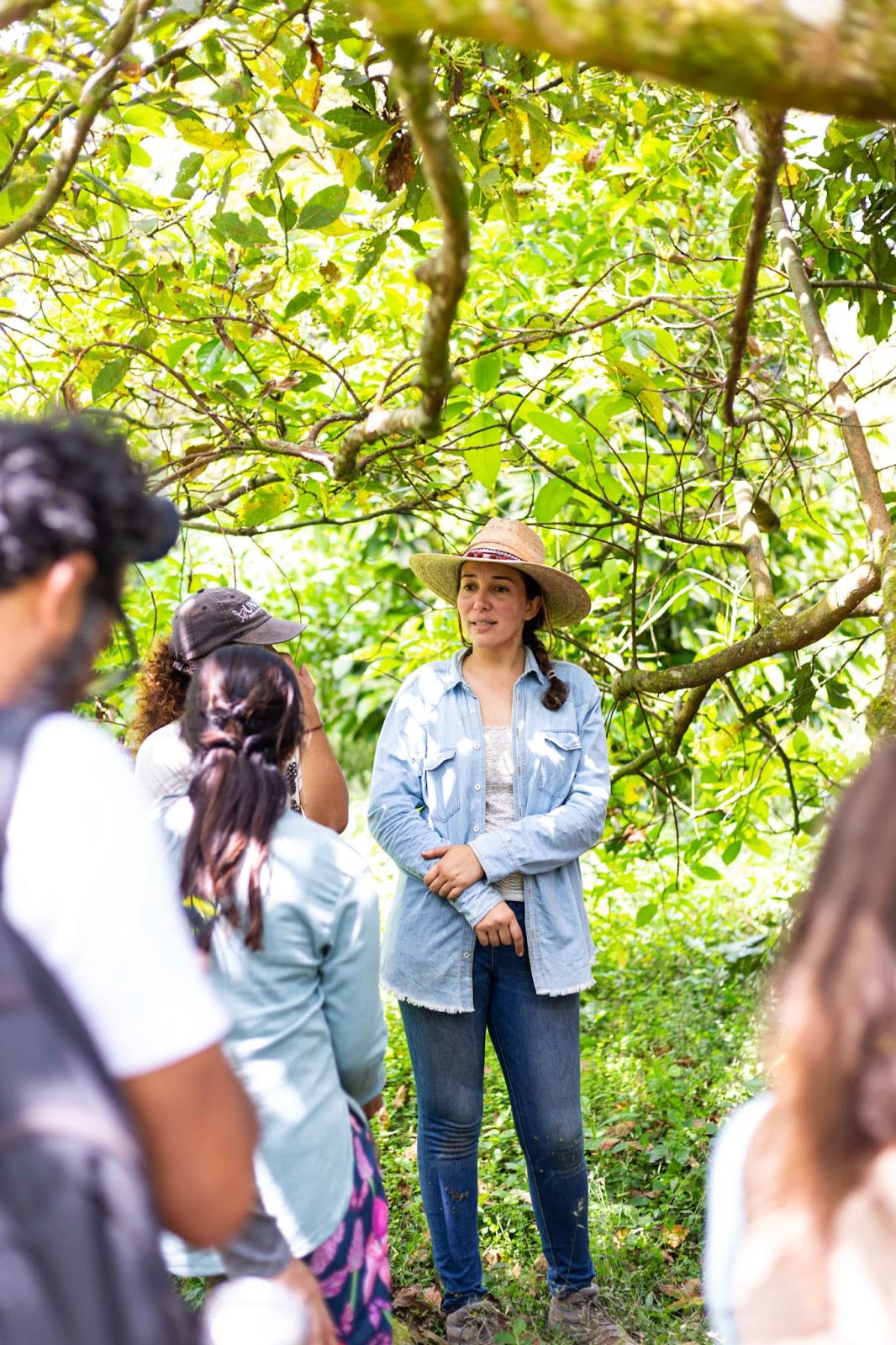
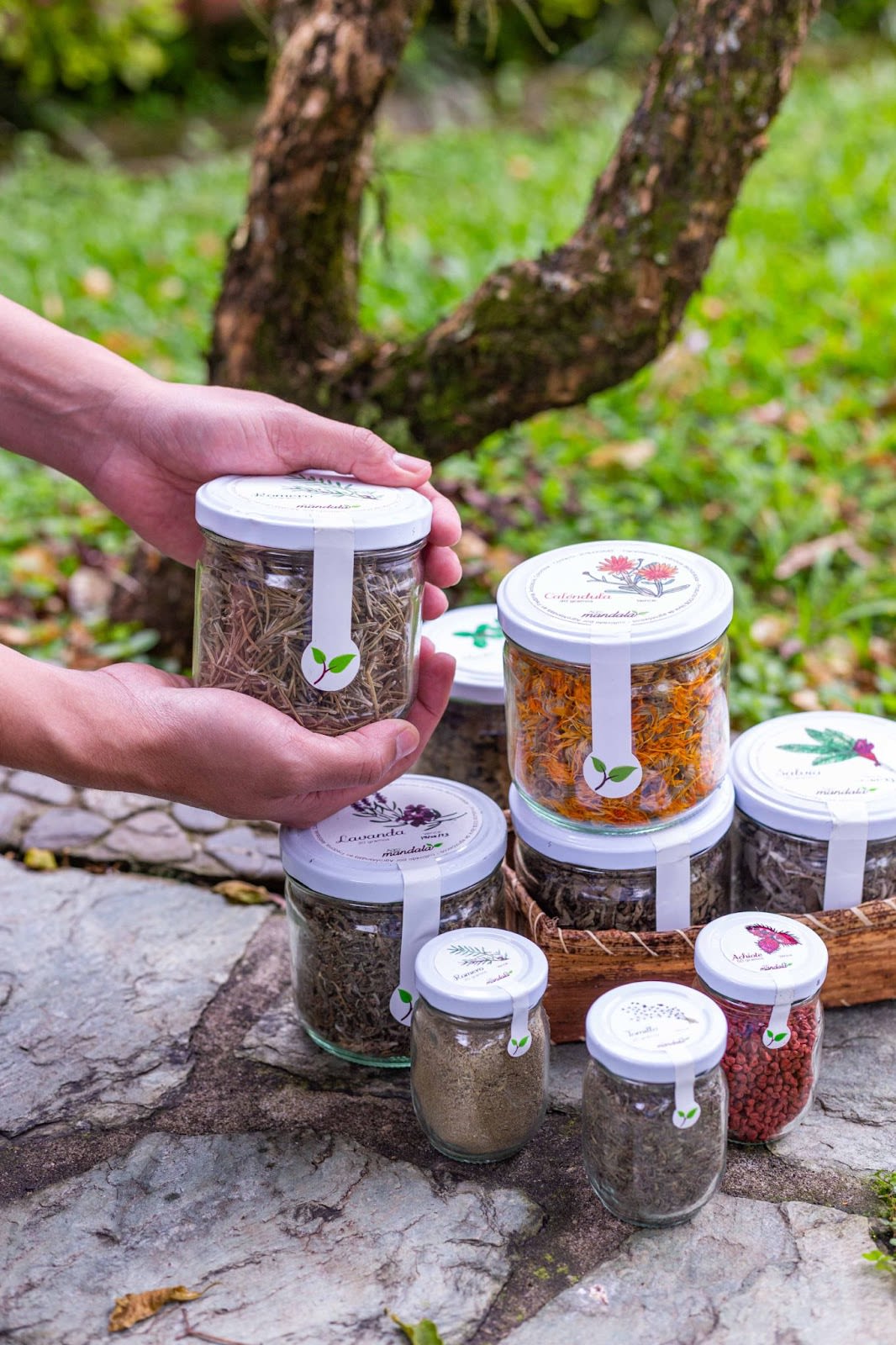
Agromandala’s packaging is biodegradable, 100% vegetable, handmade with plants from its cultivation, as a bid to avoid single-use plastics and promote composting in the city’s homes.
February 2023, ©Isabel Cadavid
Agromandala offers visits and tours so people can feel and demonstrate the advantages of successional agroforests in healthy food production, the care of life, and the connectivity between forest relics.
July 2023, ©Andrea Muñoz
Products cultivated and transformed in Agromandala by women who are part of the project.
January 2023, ©Andrea Muñoz
Isabel Cadavid, founder of Agromandala and co-founder of CSA Colombia, choosing since 2014 a rural life and agroecology as a way of life that dignifies the countryside, takes care of biodiversity and feeds many forms of life, including humans, January 2023, ©Andrea Muñoz.
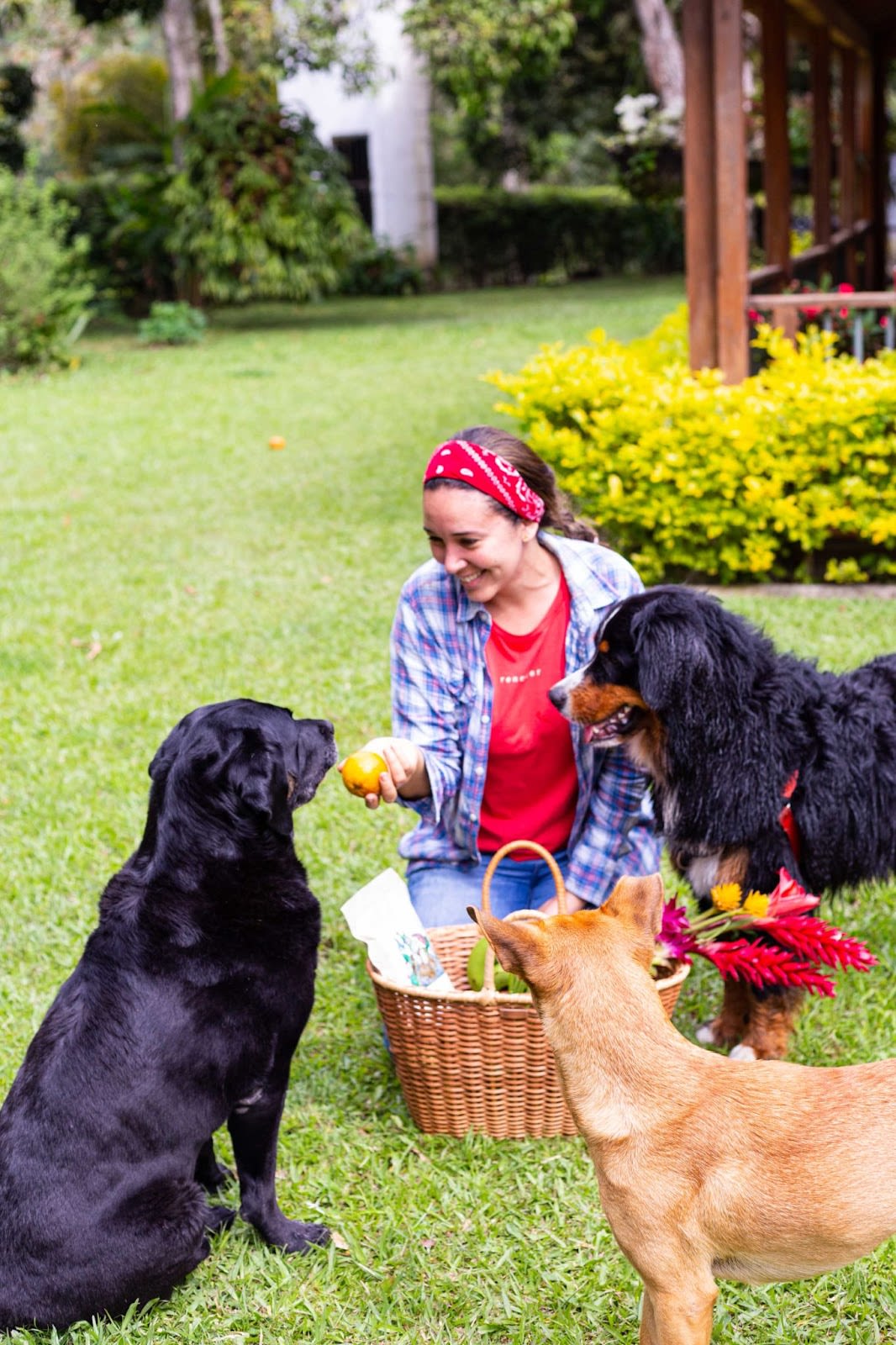
Agromandala promotes the values of trust, fraternal contact, honesty and mutual care between the countryside and the city; January 2023, ©Andrea Muñoz
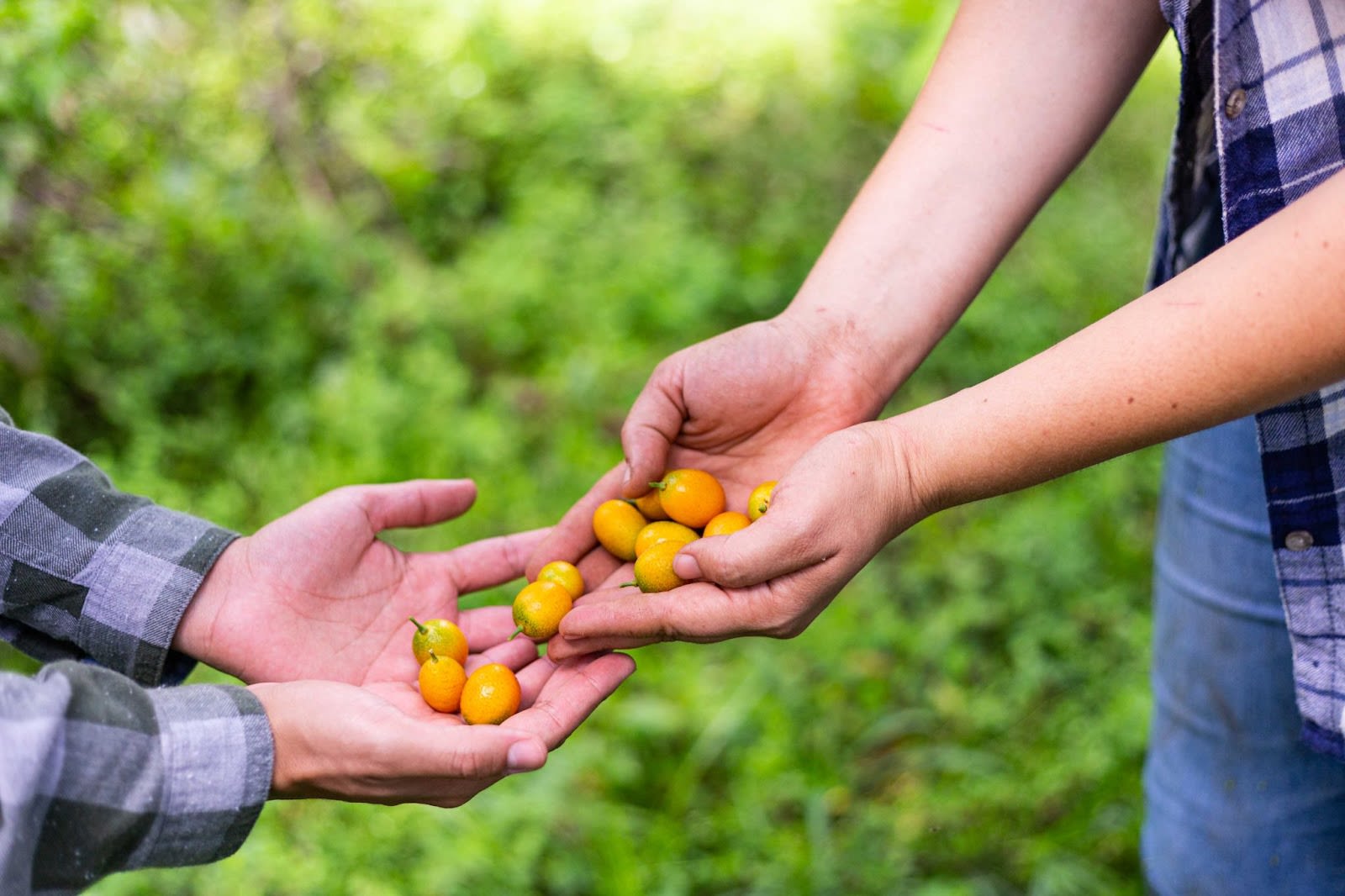
Isabel Cadavid, founder of Agromandala and co-founder of CSA Colombia in the cultivation and harvesting of medicinal plants, one of the most popular crops in Agromandala; January 2023, ©Andrea Muñoz.
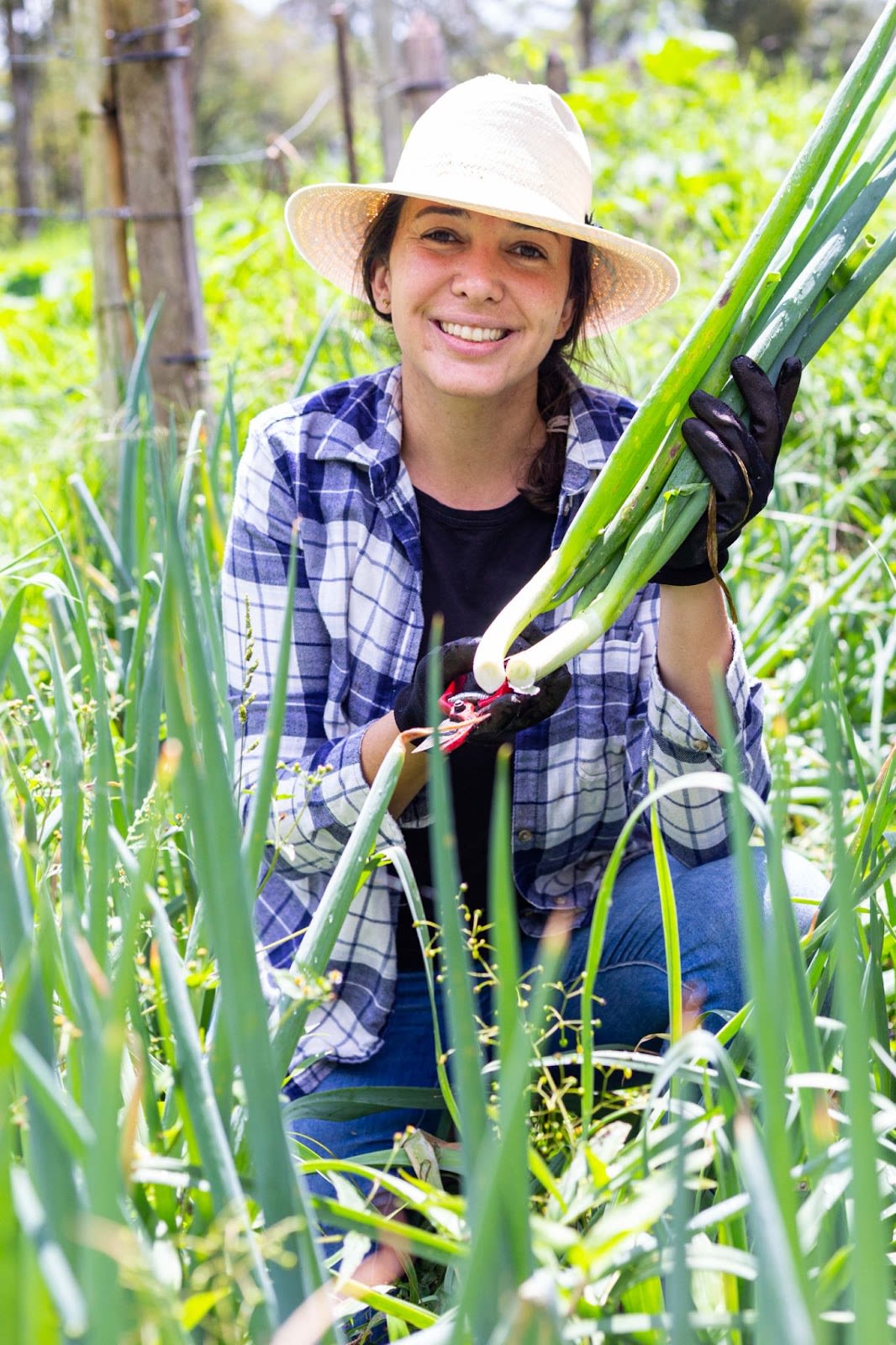
To download this photoessay in .pdf format or access in Spanish, click the button above.
Para descargar este fotoensayo en formato .pdf o acceder a él en español, haga clic en el botón de arriba.


